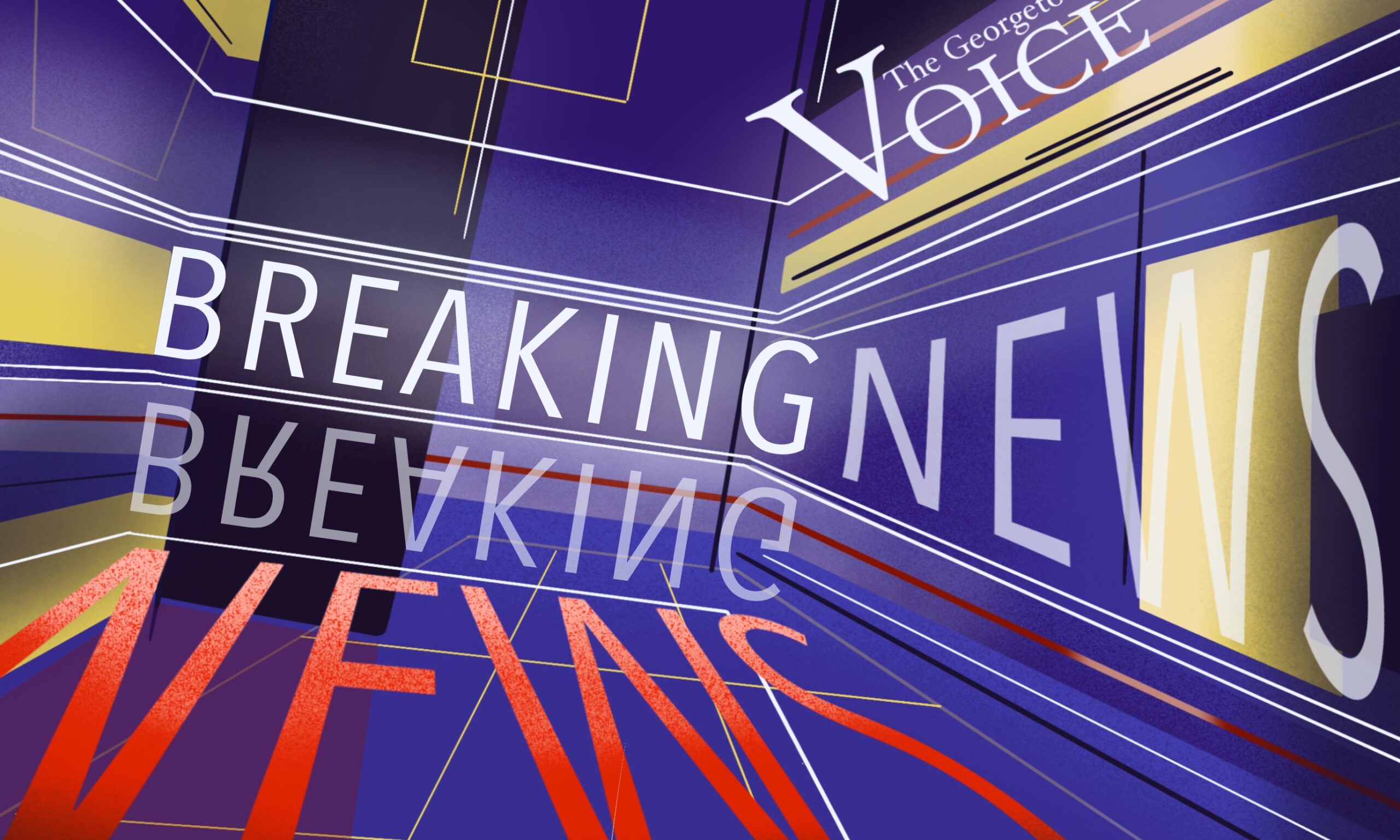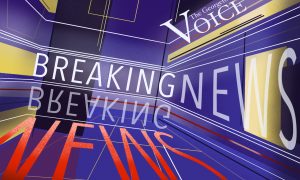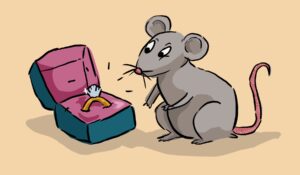Update: Since this story was first published, an email from the Office of the President announced that President John J. DeGioia has tested positive for COVID-19. The same day, a small group of students gathered on the steps of Healy Hall to protest the reinstated public health measures but dispersed within an hour.
Georgetown reinstated indoor masking requirements on the main and medical campuses effective April 7 after a spike in positive COVID-19 tests. According to the email announcement from Chief Public Health Officer Dr. Ranit Mishori, the Georgetown Law Center has not seen the same rate of increase.
The return to stricter guidelines is the latest episode in a story of halting progress during the pandemic. Georgetown orchestrated a full return to campus in fall 2021, then began the spring semester virtually; the university instituted a mask-optional policy beginning March 21, then reverted not three weeks later. Two steps forward, one step back.
Under the latest public health guidance, students will need to take a PCR test upon returning from Easter break, with an exception for those who tested positive within the previous 90 days. University events are scheduled to proceed as planned.
The university’s weekly COVID-19 update on April 4 reflected an upward trend in cases leading up to the spike; positive test rates have increased for the last three consecutive weeks. At the same time, the BA.2 Omicron variant has become dominant in D.C. and may be even more transmissible, though not more severe, than the original variant, according to the email.
“As we’ve done multiple times before, we will get through this surge together and continue to thrive despite these short-term restrictions,” Mishori wrote.
This week’s spike has tested Georgetown’s isolation capacity, with the campus hotel nearing full capacity, causing the administration to seek additional quarantine space nearby. In the meantime, some students may be required to isolate in their campus residence.
Georgetown users on Flok, a campus-specific and anonymous social media platform, had overwhelmingly negative reactions to the news. Some discussed ignoring the new guidance, seemed to blame students who got tested and called Mishori out by name.
The new measures will remain for an unspecified period of time while cases remain high.







